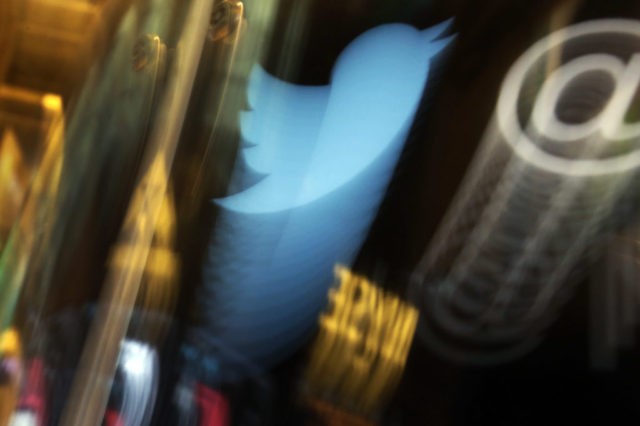It’s every man for himself over at Twitter. The company has suffered yet another high-profile departure from its communications department, with executive Jim Prosser leaving the company after four years.
This news came last week, days after Natalie Perrins, Twitters’ VP for Communications, left the company after just 6 months in her role. If Twitter is losing both long-time employees and new top talent, it’s bad news for Jack Dorsey’s company.
The Communications function at Twitter has, irony of ironies for the company that fancies itself to be the ultimate speech platform, become a siege perilous, stealing the livelihood of any who take it.
Perrins and Prosser are just the latest casualties. Since Dorsey took the helm at Twitter, the company has shed almost a dozen top-level employees. Kevin Well, the head of product, left the company after seven years. Katie Jacobs Stanton, the head of media, left after six. The heads of engineering, HR, communications, consumer products, business development, media, and commerce have all left the company during Dorsey’s short time as CEO.
What’s more, often the employees don’t surface elsewhere. A few were clearly poached by other big-name tech companies: Kevin Well, for example, left to join Instagram’s team. But in the majority of cases, the former Twitter executives’ statuses are unknown. They do not go on to cushy gigs at bigger companies. It seems that Twitter is the place where Silicon Valley careers go to die.
A closer look at some of the departures also spells trouble. Perrins, who left the company after six months, previously spent a whopping 14 years at Apple. That suggests she’ll commit to a company if she believes in it. She clearly didn’t believe in Twitter.
And who can blame her? The company’s communications departments in particular must be a nightmare at the moment. Twitter is facing accusations of censorship on a daily basis — usually justifiably. It has repeatedly targeted conservative users, and is accused of targeting anti-establishment Bernie Sanders supporters too.
It banned me for hurting the feelings of a celebrity, but does nothing when conservative journalists like Breitbart’s Jerome Hudson are bombarded with racial abuse. The company is also facing protests outsides its offices and the hijacking of its hashtags from my devoted fans. Who would want to work at Twitter’s press team now?
Then there’s the case of Nathan Hubbard. Prior to his time at the company, Hubbard had proven to be quite the turnaround artist, successfully transforming Ticketmaster from what was previously the most hated company starting with the letter ‘T’ into a solid business for Live Nation Entertainment. But even he failed at Twitter, leaving his post as Vice President of Global Media and Commerce after three years, as broken as Twitter’s mobile app on a busy weekend. More than a year later his LinkedIn profile pathetically says he is “Thinking about what is next.” Very sad!
That’s to say nothing of the financial mess the company finds itself in. Twitter’s stock plummeted after its earnings report, despite Jack Dorsey’s attempts to reassure investors. The fact that #TWTR, the hashtag for Dorsey’s earnings call, was hijacked by my fans probably didn’t improve investor confidence either — Twitter’s CEO clearly doesn’t have the respect of the platform’s users.
Twitter’s inability to hold onto its employees is going to set up a vicious cycle for the company where they have to pay high retention bonuses and high pay to attract talent that, in all likelihood, now see a job at Twitter as toxic to their career prospects. That will hurt earnings, which hurts equity offerings (stock options, restricted stock grants) which comes back to hurt executives, which in turn makes them more likely to leave, thus starting the cycle all over again.
Who’d have imagined that the next Yahoo! was going to be Twitter?
Twitter can’t escape from the fact that its declining fortunes have coincided with the worst period of political controversy in its history. Because it has chosen to be an arbiter of speech rather than just a conduit, it is now facing relentless attacks from social justice warriors and their media allies, who want a harsher censorship regime. Any action Twitter takes is then faced with a furious (and justified) backlash from conservatives who are the targets for this censorship.
In other words, by choosing to be the referee in an increasingly vicious game of partisan football, Twitter has placed itself in a position where it cannot win. And to think, all it had to do to avoid this was tell its users to use the block button— or, you know, stop being such whiny, perpetually-offended losers.
Follow Milo Yiannopoulos (@Nero) on Facebook. Hear him every Friday on The Milo Yiannopoulos Show. Write to Milo at milo@breitbart.com.

COMMENTS
Please let us know if you're having issues with commenting.